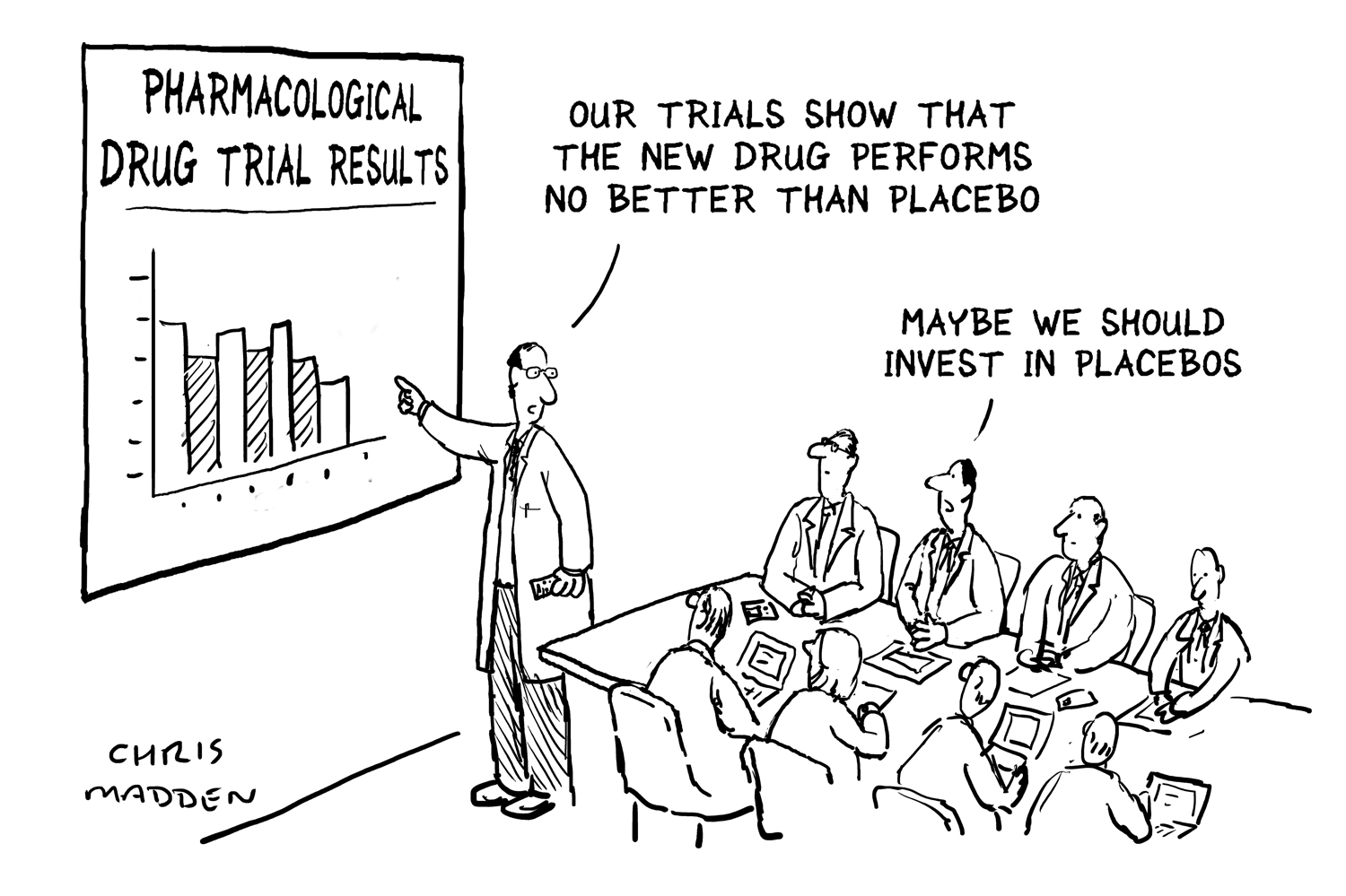Reacting to the rather weird scenario wherein some VCs are trashing their own brotherhood, Bruce Booth wonders in his latest article if this is an outcome of a Lake Wobegon-like illusion or if it is the Dunning-Kruger effect in action.
In my comment against this post, I offered my own little suggestion for this apparent case self-deprecation (OR is it not) and more....
My comment:
---------------------------------------------------------------------------------------------
If I go by what Mahendra Ramsinghani said here on LPs bothering more about deal sourcing capability than value-add by VCs, Khosla’s indictment of ‘95% zero-value add VCs’ shouldn’t really rock the boat more than the supposed shake-up caused by the AngelLists’ & Kickstarters’ of the world – The ‘80% negative-value-add’ rhetoric though is way below the belt & confounding.
Perhaps these intriguing proclamations are a manifestation of nervous energy of the PE biggies that are ‘but-of-course rattled too’ by the progressive warming of the PE globe and thus eager to reaffirm their value-add alternate asset investor status to the larger LP universe.
Can’t help but note again that a lot of the above paradigms, shake-ups, prophesies & reactions are all still relevant mostly to the 'silicon-rapids' (IT et al) and much less to the 'organic-back-waters' (~biotech) – taking a cue from what you said about the CEO, I’d think the loneliest job in the world at present probably is that of a biotech venture capitalist :-)
.jpg)
